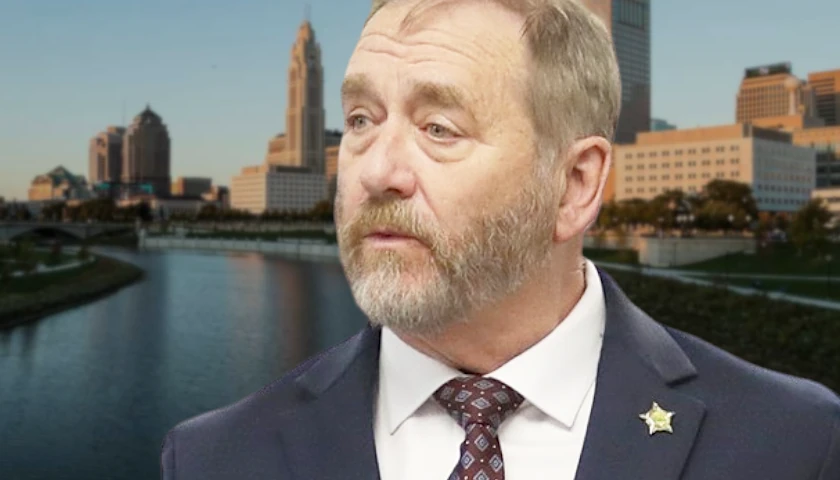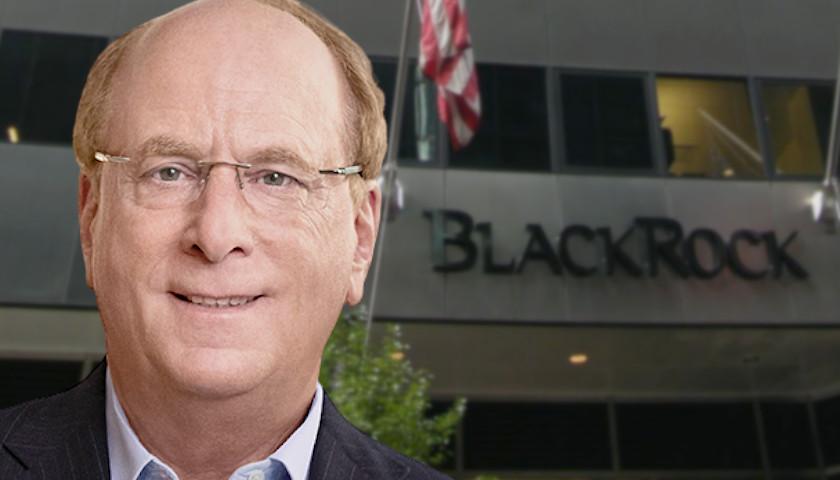Since The Buckeye Institute first started publishing its Piglet Book in 2005, it’s recommended eliminating Ohio’s Motor Vehicle Repair Board.
The Buckeye Institute, an independent think tank whose mission is to advance free-market public policy, issues a regular Piglet Book that analyzes “Ohio’s proposed biennial budget and offers savings for policymakers to consider as they debate the state’s two-year budget.”
This year’s book again lists the Motor Vehicle Repair Board, saying ending it will save Ohio taxpayers about $1.2 million.
“The Motor Vehicle Repair Board performs functions that the private sector already performs admirably,” the book states. “Consumers have adequate access to information on the quality of facilities from various sources, including the Better Business Bureau to Angie’s List, which make this state board redundant and unnecessary.”
 When it was first created in 1997, it was called the Motor Vehicle Collision Repair Registration Board. It was supposed to oversee a new registration process for businesses in the state that did five or more collision repairs within a 12-month period. Unlike some government regulations, it was businesses in the state who asked for the board and registration in order to address “chop shops” and “fly-by-night” operators.
When it was first created in 1997, it was called the Motor Vehicle Collision Repair Registration Board. It was supposed to oversee a new registration process for businesses in the state that did five or more collision repairs within a 12-month period. Unlike some government regulations, it was businesses in the state who asked for the board and registration in order to address “chop shops” and “fly-by-night” operators.
According to the Automotive Services Association of Ohio (ASA-Ohio), “the image of Ohio’s collision repair industry was tarnished by illegitimate shops that cut corners and openly violated laws just to cut costs. … Legitimate operators, trying to adhere to all the costly regulations required by them, simply could not compete with “back-alley” or “fly-by-night” entities, posing as legitimate businesses.”
In 2015, the Board was eliminated in the first draft of the budget bill. However, when the budget bill was passed, the Board was included. Additionally, there was a special provision that required the Sunset Review Committee to consider them, even though they were not subject to a sunset review under Ohio law.
Today, the Board is responsible for overseeing the whole auto repair industry. According to the 2020-21 budget request:
“The Board investigates an average of 200 complaints per year and registers approximately 2,000 collision repair facilities, auto glass businesses, airbag repair and replacement companies, window tint installation shops, and mobile auto repair businesses. (Its) primary focus is on consumer protection and the improvement of industry standards as related to auto repair.
In 2005, the Board’s budget was $325,000. For 2019, the budget is $609,000 and is projected to rise to $636,000 by 2021, if the 2020-21 budget request is approved. About 84 percent of the budget is for personal services.
But it’s not just the budget that’s increasing. The annual fee charged for the registration was $100 when it was first created. Now it’s $225, but the budget bill contains language to eliminate a set amount and to end the board’s need to go to the Controlling Board for approval of any fee increase.
According to the Board’s February meeting minutes, the new language for fees will be moved out of the Ohio Revised Code and into Ohio’s Administrative Code, instead. If approved, it will read:
“The director shall ensure that the annual fee reasonably reflects the cost of regulating motor vehicle businesses.”
 The minutes also say the Board will raise the fee to $300 per year “immediately” upon passage of the budget.
The minutes also say the Board will raise the fee to $300 per year “immediately” upon passage of the budget.
“That’s concerning,” Greg Lawson, a senior research fellow at The Buckeye Institute, said.
“Putting everything into statute can make things difficult to monitor,” Lawson explained. “But it’s a good idea to let the legislature address the type of things like fees, as opposed to just letting a board have blanket authority. In that case, you want it statutory because it should be difficult to raise fees. You don’t want to take that away from legislative oversight.”
The Motor Vehicle Repair Board is just one example of the problems with occupational licensing, Lawson added.
“Every industry that’s licensed wants to be licensed,” he said. “It’s the fox guarding the hen house – a way for them to regulate entry into the business.”
Lawson thinks such governmental bodies might have made sense previously, “but you didn’t have the cornucopia of services like you do now.”
“There are numerous consumer watchdog and business review types of things available online,” he said, “including the ability to get real-time information. Do we really need a government entity to do this when there are so many other tools at the consumer’s fingertips?”
Lawson said getting rid of this one board won’t make a big impact in the overall scope of the budget, but that “it’s another example of the assumption that is completely embedded in the system that you need to have government do this sort of thing.”
“They could literally do exactly what the government is doing by forming an association and having their own stamp of approval,” he added. “That’s been our whole point all along.”
– – –
Maggie Leigh Thurber is a writer for The Ohio Star. Email tips to [email protected].





